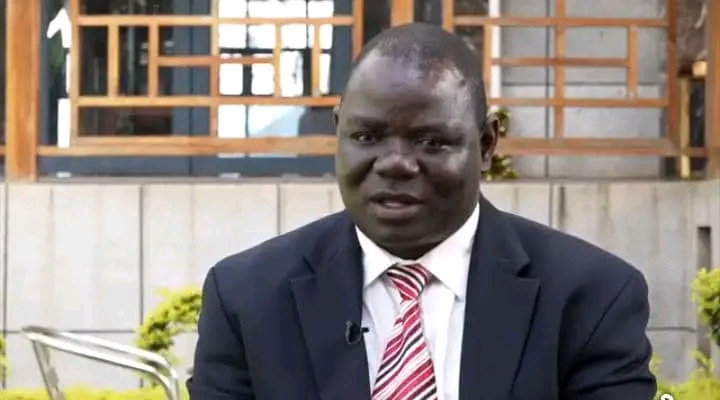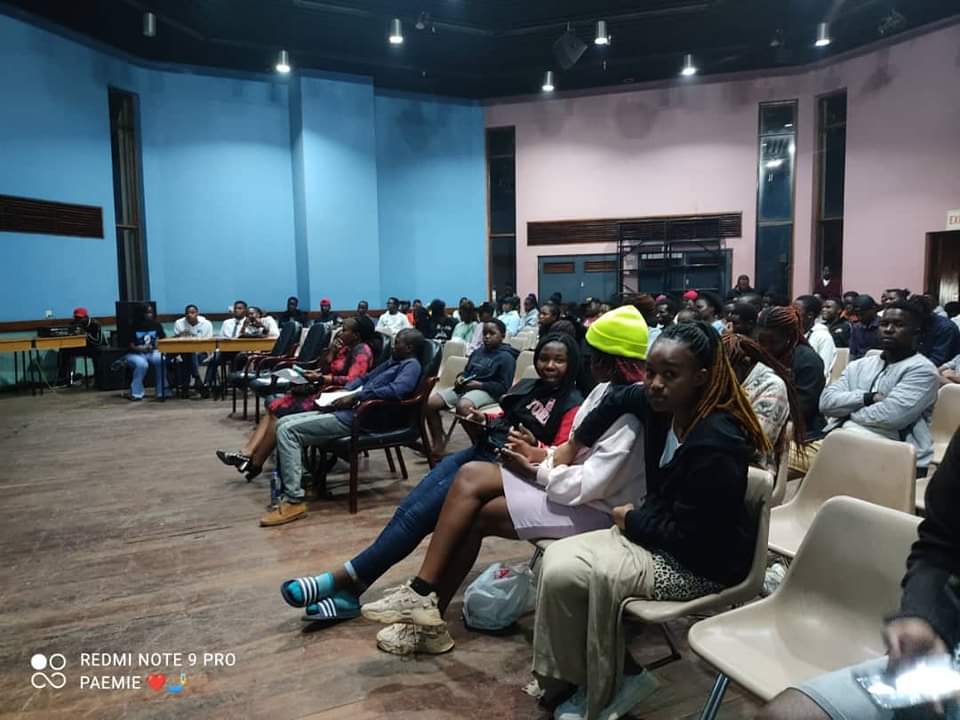By Burnett Munthali
Mzuzu University (Mzuni) Vice Chancellor, Professor Wales Singini, has voiced concerns over the overdependence of institutions of higher learning on government subventions, describing it as a root cause of generational dependency.
Speaking during the pre-budget consultations in Mzuzu, Professor Singini emphasized the need for a paradigm shift in funding higher education institutions. He called for a performance-based funding model that ties government support to research output, student enrollment, and graduation rates.
“Overdependence on government subventions has perpetuated a cycle of dependency for institutions of higher learning. It is time we reimagined how we fund education in Malawi,” said Singini.
To address the challenge, Professor Singini proposed innovative funding mechanisms that would allow institutions to diversify their income streams.
“Support local borrowing for investments but also finance bills for institutions of higher learning with tangible impact,” he said.
This approach, he argued, would incentivize institutions to improve their research output, attract more students, and prioritize successful graduation outcomes.
Singini also expressed concern over low enrollment rates at Mzuni and other institutions, citing limited resources and infrastructure as contributing factors.
“Despite the growing demand for higher education, our enrollment numbers remain disappointingly low,” he noted.
Additionally, he highlighted the poor living conditions faced by many students, exacerbated by exploitative practices from private accommodation providers.
“Most landlords view students as easy targets to make a quick profit, without regard for the quality of housing provided. This is a serious issue that needs immediate attention,” he added.
Despite these challenges, Mzuni is taking bold steps to reduce its reliance on government funding. The university is already running a mega farm and is in the process of developing a 50-megawatt solar power plant.
These initiatives, according to Singini, are part of Mzuni’s broader strategy to generate its own revenue and reduce its financial dependence on the government.
“We believe in innovation and sustainability. The mega farm and the solar power project are just the beginning of our journey towards self-sufficiency,” he stated.
As Malawi prepares for its 2025/26 national budget, Professor Singini’s proposals add to the growing call for reform in how higher education is funded. By prioritizing performance-based funding and supporting innovative projects, institutions like Mzuni can become more financially independent while improving the quality of education and student life.
For Malawians, these changes hold the promise of a stronger, more sustainable higher education system that meets the needs of the country’s growing population and contributes meaningfully to national development.



